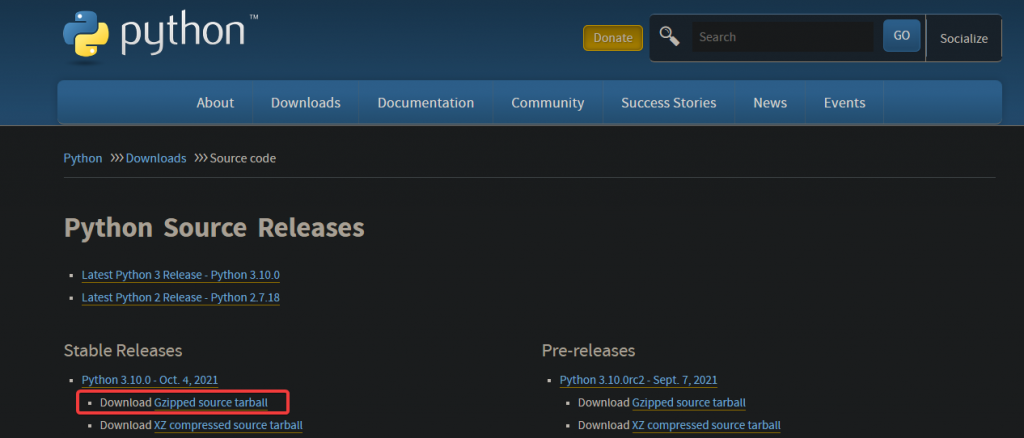

Open the release of Azure Linux Agent in GitHub in a web page, and find out the latest version number. Install wget, there are some distros that don't install it by default, such as Red Hat, CentOS, and Oracle Linux versions 6.4 and 6.5. Update the Linux Agent when no agent package exists for distribution Typically this is all you need, but if for some reason you need to install it from directly, use the following steps. In case of issues, execute the following commands and validate the waagent status one more time:.Then install the latest version of the Azure Linux Agent using the following command:.Oracle Linux version 6.10 has available ELS support, which will end on 07/2024. Keep in consideration Oracle Linux 6.x is already EOL. Gpgkey=file:///etc/pki/rpm-gpg/RPM-GPG-KEY-oracle Name=Oracle Linux $releasever Add ons ($basearch) Name=Add-Ons for Oracle Linux $releasever ($basearch) repo file according to your Oracle Linux release: If you don't find the add-on repository, you can simply add these lines at the end of your. Sudo yum-config-manager -enable ol9_addons Sudo yum-config-manager -enable ol8_addons Sudo yum-config-manager -enable ol7_addons Sudo yum-config-manager -enable ol6_addons In case the Addons repository is disabled, you can enable it using the following command: To validate if the repository is enabled, use the following command.Sudo systemctl restart rviceįor Oracle Linux, make sure that the Addons repository is enabled. Sudo sed -i 's/AutoUpdate.Enabled=n/AutoUpdate.Enabled=y/g' /etc/nf The above output will show you if the package is up to date. Sudo sed -i 's/\# AutoUpdate.Enabled=y/AutoUpdate.Enabled=y/g' /etc/nfĬheck available updates. Validate waagent service is up and running.Sudo sed -i 's/# AutoUpdate.Enabled=y/AutoUpdate.Enabled=y/g' /etc/nf Sudo apt list -installed | grep walinuxagent


 0 kommentar(er)
0 kommentar(er)
